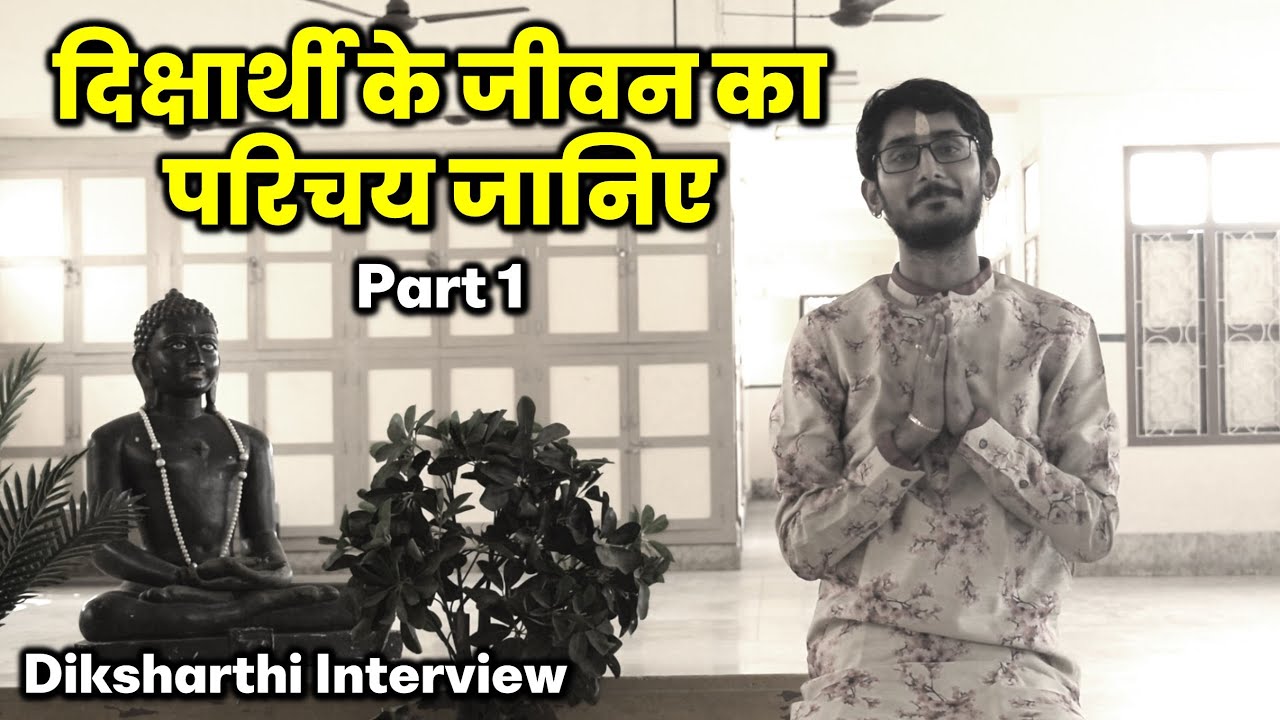The mystery box | JJ Abrams
Summary
TLDRIn this TED Talk, the speaker reflects on his fascination with mystery, drawing parallels to his childhood curiosity instilled by his grandfather. He discusses the creative process, the importance of imagination, and how technology has democratized media creation. The speaker uses examples from his work, including 'Lost' and 'Mission: Impossible III,' to illustrate the power of mystery in storytelling and the potential of accessible technology for aspiring creators.
Takeaways
- 😀 The speaker is drawn to the concept of mystery and its role in sparking imagination.
- 🏭 The speaker's grandfather, Harry Kelvin, was a significant influence, inspiring a curiosity about how things work through deconstruction.
- 🎥 The grandfather's gift of a Super 8 camera at a young age nurtured the speaker's interest in filmmaking.
- 📦 The 'Mystery Magic Box' symbolizes the speaker's attraction to the unknown and the potential it holds.
- 🎨 The creative process is fueled by technology, which the speaker finds incredibly inspiring.
- 📝 The blank page or a new device like an Apple computer is seen as a 'magic box' that needs to be filled with creativity.
- 🎬 Stories are described as 'mystery boxes' that draw in the audience with unanswered questions and suspense.
- 🦈 The withholding of information, as seen in films like 'Jaws' and 'Alien', can make narratives more engaging and frightening.
- 🎞️ The distribution of media is changing, with technology making it accessible for anyone to create and share their stories.
- 🌐 The democratization of media creation means that there is an opportunity for a wider range of voices to be heard.
- 👨👧👦 The speaker encourages aspiring creators to utilize the available technology to tell their stories, as there are no barriers to entry.
Q & A
What is the central theme of the speaker's TED Talk?
-The central theme of the speaker's TED Talk is the concept of mystery and its role as a catalyst for imagination and creativity, particularly in storytelling and media production.
Why does the speaker mention his grandfather's influence on his life?
-The speaker mentions his grandfather's influence to illustrate how curiosity and the joy of deconstructing things to understand their inner workings inspired his own creative and explorative tendencies.
What does the speaker mean by 'mystery boxes' in the context of his work?
-In the context of his work, 'mystery boxes' refer to the elements of mystery and suspense that he incorporates into his storytelling to engage the audience's imagination and curiosity.
How does the speaker relate the idea of mystery to the creative process?
-The speaker relates the idea of mystery to the creative process by suggesting that the sense of potential and infinite possibility that mystery brings can inspire and drive creativity.
What is the significance of the 'Mystery Magic Box' in the speaker's narrative?
-The 'Mystery Magic Box' symbolizes the speaker's lifelong fascination with the concept of mystery and its power to inspire imagination, as well as his emotional connection to his grandfather.
Why does the speaker emphasize the importance of character development in storytelling?
-The speaker emphasizes the importance of character development because it is the foundation upon which engaging stories are built, and it is the 'stuff that matters' inside the metaphorical mystery box of a story.
How does the speaker describe the democratization of media creation?
-The speaker describes the democratization of media creation as the widespread availability of technology that enables anyone to create and produce media content, breaking down barriers that previously required access to expensive equipment and resources.
What role does technology play in the speaker's creative process?
-Technology plays a significant role in the speaker's creative process by providing tools and platforms that inspire and enable him to bring his imaginative ideas to life, as well as by facilitating the production of complex scenes and effects.
Why does the speaker mention the scene from 'Jaws' involving the father and son?
-The speaker mentions the scene to highlight the importance of character investment in storytelling, showing that even in an action-adventure film like 'Jaws,' it's the emotional depth and character relationships that resonate with audiences.
What is the speaker's view on the current state of media creation and distribution?
-The speaker views the current state of media creation and distribution as an exciting opportunity, with technology making it accessible to everyone and challenging traditional models, allowing for a more diverse range of voices and stories to be shared.
How does the speaker connect his personal experiences with broader themes in media and storytelling?
-The speaker connects his personal experiences, such as his grandfather's influence and his fascination with mystery boxes, to broader themes in media and storytelling by drawing parallels between his own journey and the universal appeal of mystery and imagination in engaging audiences.
Outlines

This section is available to paid users only. Please upgrade to access this part.
Upgrade NowMindmap

This section is available to paid users only. Please upgrade to access this part.
Upgrade NowKeywords

This section is available to paid users only. Please upgrade to access this part.
Upgrade NowHighlights

This section is available to paid users only. Please upgrade to access this part.
Upgrade NowTranscripts

This section is available to paid users only. Please upgrade to access this part.
Upgrade NowBrowse More Related Video

Diksharthi Interview - Introduction To Diksharthi's Life (Part 1) | जीवन का परिचय | Mumukshu Vinit

Why You Should Love Density | Will Grover | TEDxUCR

Charlie Munger: Invert, always invert (Mental models to use in your life)

Culture Before Curriculum | Andrew Hammond | TEDxRoyalTunbridgeWells

The mathematician who cracked Wall Street | Jim Simons

HOW TO GET EVERYTHING YOU WANT, IN A WAY WHICH HELPS THE WHOLE WORLD | Michael Roach | TEDxGraz
5.0 / 5 (0 votes)